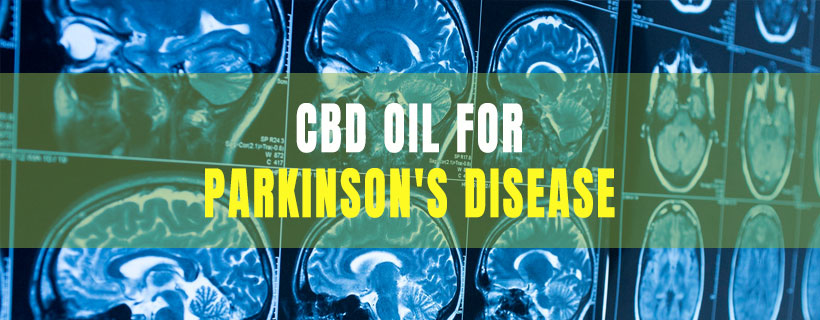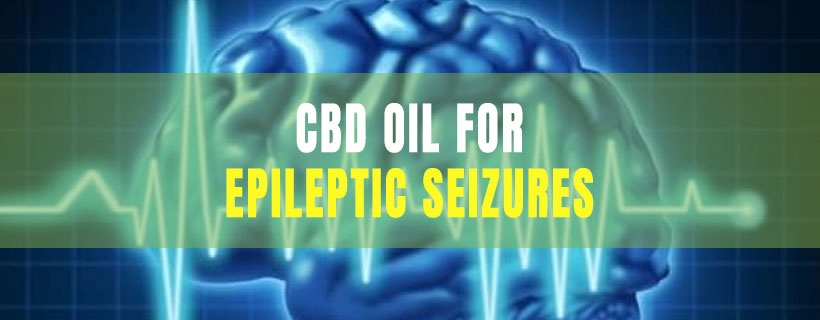 CBD Oil For Fibromyalgia From CBD Insiders
CBD Oil For Fibromyalgia From CBD Insiders
Studies on people using CBD Oil for Fibromyalgia pain relief can offer people a healthy, natural alternative method of healing and to lessen pain.
Fibromyalgia patients on many online forums dedicated to the condition mention CBD oil and marijuana as highly effective treatment options.
According to a study conducted by the National Pain Foundation and National Pain Report, medical cannabis has been rated as one of the most effective treatment in reducing pain from Fibromyalgia. From the 1,300 fibromyalgia patients who responded to the survey, many said they had tried all 3 of the FDA approved drugs, with less than 30% reporting results from ‘effective relief’ through to ‘slight relief’ being obtained. Comparing the study findings against those who had tried medical cannabis for their fibromyalgia symptoms 62% said it was very effective. Another 33% said it helped slightly while only 5% reported no relief.
What is a Fibromyalgia?
Symptoms of fibromyalgia can often be confused with those of arthritis, or joint inflammation. Unlike arthritis, however, Fibromyalgia has not been found to cause joint or muscle inflammation and damage. It is seen as a rheumatic condition, in other words, one that causes soft tissue pain or myofascial pain.
Common symptoms of Fibromyalgia include:
- Widespread pain
- Jaw pain and stiffness
- Headaches
- Stiff joints and muscles in the morning
- Pain and tiredness in the face muscles and adjacent fibrous tissues
- Difficulties with memory and concentration, known as “fibro-fog”
- Irritable bowel syndrome (IBS)
- Irregular sleep patterns
- Tingling and numbness in the hands and feet
- Painful menstrual periods
- Sensitivity to cold or heat
- Restless leg syndrome (RLS)
- Difficulties with memory and concentration, known as “fibro-fog”
- Fatigue
The following symptoms are also possible:
- Nausea
- Problems with vision
- Weight gain
- Pelvic and urinary problems
- Cold or flu-like symptoms
- Dizziness
- Depression and anxiety
- Skin problems
- Breathing problems
- Chest symptoms
Symptoms can appear at any time during a person’s life, however, they are most frequently reported around the age of 45 years.
Much like treatments for many diseases, Fibromyalgia treatment often starts with the management of symptoms. With fibromyalgia, the symptoms create a string of tender points along the body. Combined with extreme fatigue and an inability to sleep and you have a recipe for a drastically poor quality of life riddled with pain and discomfort.
Fibromyalgia is characterised by musculoskeletal pain and Fibromyalgia treatment is highly focused on relief from pain in those who suffer from it. Fibromyalgia treatment is not a ‘one-size-fits-all’ exercise and is often a case of trial and error as what works for one patient, may not always work for another.
Dealing with the chronic pain of fibromyalgia places a lot of unnecessary stress on sufferers. Along with pain, they can experience bouts of insomnia, depression and hopelessness.
The prevalence of Fibromyalgia increases as a person ages, yet 80-90% of all cases are women. The symptoms are known to worsen with persistence as it progresses, and it is exacerbated by the weather, illness and stress.
CBD Oil For Fibromyalgia
CBD oil has been used to treat chronic pain symptoms and reduce inflammation. It’s considered to be an alternative to taking addictive opioid prescriptions.
Cannabidiol (CBD) is a chemical compound made from cannabis. CBD isn’t psychoactive, unlike tetrahydrocannabinol (THC), the other well-known byproduct of marijuana.
CBD is thought to activate serotonin receptors, and plays a role in pain perception, maintaining body temperature, and reducing inflammation. It also breaks down a chemical in the brain that affects mood and mental function.
A research study in 2009 found that CBD can be used for relieving neuropathic pain. And in two other studies, CBD was used to treat inflammatory and neuropathic pain from nerve injury. Researchers found CBD to be an effective alternative treatment because it significantly reduced pain symptoms.
During another study published in 2008, a series of tests regarding cannabinoids effectiveness at assisting conditions such as migraines and fibromyalgia concluded that Migraine, fibromyalgia, IBS and related conditions display common clinical, biochemical and pathophysiological patterns that may be suitably treated with cannabinoid medicines.
Although these are only a few examples representing a small fraction of cases that suggest CBD oil for Fibromyalgia can be effective, there is plenty of other anecdotal cases of positive results that further strengthen the case of CBD’s benefits.
Fibromyalgia is a chronic illness, and CBD will not cure it. Symptoms may vary with time, whether or not a person is treated. However, many with the condition find that experimenting with CBD oil for Fibromyalgia may help to manage or eliminate symptoms.
References:
Cannabinoids for fibromyalgia
The rational management of fibromyalgia patients
Anandamide and neutrophil function in patients with fibromyalgia
Cannabis use in patients with fibromyalgia: effect on symptoms relief and health-related quality of life
Marijuana Rated Most Effective for Treating Fibromyalgia
The Analgesic Potential of Cannabinoids
Cannabinoids for treatment of chronic non-cancer pain; a systematic review of randomized trials
Nabilone for the Treatment of Pain in Fibromyalgia
The Pharmacologic and Clinical Effects of Medical Cannabis
A tale of two cannabinoids: The therapeutic rationale for combining tetrahydrocannabinol and cannabidiol
Clinical Endocannabinoid Deficiency Reconsidered: Current Research Supports the Theory in Migraine, Fibromyalgia, Irritable Bowel, and Other Treatment-Resistant Syndromes
Cannabinoids for the Treatment of Chronic Non-Cancer Pain: An Updated Systematic Review of Randomized Controlled Trials
Medical Marijuana for Treatment of Chronic Pain and Other Medical and Psychiatric Problems
Sleep disturbances and severe stress as glial activators: key targets for treating central sensitization in chronic pain patients
Visit CBD Insiders a fast-growing community sharing their knowledge of the latest CBD Health, Research, Science & News as well as exclusive interviews and in-depth reporting on influential players in the CBD business.
CBD Oil For Fibromyalgia was originally published on CBD Insiders for CBD News website.
“These statements have not been evaluated by the Food and Drug Administration. This product is not intended to diagnose, treat, cure, or prevent disease.”



 CBD Oil Australia From CBD Insiders
CBD Oil Australia From CBD Insiders
 CBD Oil For Migraines From CBD Insiders
CBD Oil For Migraines From CBD Insiders
 Can You Overdose On CBD Oil? From CBD Insiders
Can You Overdose On CBD Oil? From CBD Insiders
 CBD Oil For Arthritis From CBD Insiders
CBD Oil For Arthritis From CBD Insiders
 CBD Oil Buyers Guide From CBD Insiders
CBD Oil Buyers Guide From CBD Insiders
 CBD Oil For Autism From CBD Insiders
CBD Oil For Autism From CBD Insiders
 CBD Oil For Sleep Disorders From CBD Insiders
CBD Oil For Sleep Disorders From CBD Insiders
 CBD Oil For Parkinson’s Disease From CBD Insiders
CBD Oil For Parkinson’s Disease From CBD Insiders
 CBD Oil For Seizures From CBD Insiders
CBD Oil For Seizures From CBD Insiders